In the United States, about 10 to 15 percent of the population is estimated to have IBS (Irritable Bowel Syndrome), only about 5 to 7 percent are diagnosed. It’s the most common disease diagnosed by gastroenterologists. If that’s you, you’re not alone because there are about 30 to 45 million others (just in the U.S.) that are in the same boat.
What about gaining muscle with IBS? If you have IBS you know the challenge presented every day with the agony it brings. Not only do you have to deal with that but if you’re also trying to gain muscle then how does that happen when you can barely get off the couch?
In this article, I’ll cover everything you need to know about gaining muscle with IBS. I’m connected to this topic deeply because I’ve dealt with IBS for over 7 years now. Talked to numerous doctors, had a dozen tests, tried multiple diet methods and much more which have lead me to where I am now. I still deal with IBS but I have it mostly under control today thanks to the help of my naturopathic doctors and my own lifestyle change. I’ve also managed to get to the weight I want to be at and have put muscle on in the process.
NOTE: This article is NOT to be taken as medical advice or a substitute to provide diagnosis for any gastrointestinal disorder. I recommend talking with a healthcare professional for any health issues, digestive problems or abdominal pain. This is for educational purposes only.
What Is IBS?
Irritable Bowel Syndrome (IBS) is defined as abdominal pain with altered bowel habits such as diarrhea, constipation or both. Stress doesn’t cause IBS but if someone has it, stress can worsen symptoms because of the brain/gut connection.
Gaining Muscle With IBS

For a healthy person to gain muscle, they must appropriately stress their muscles (exercise) and then help the muscles recover to build up larger than before. To help the muscles recover, enough food and protein is needed to provide the basic nutrition needed to live as well as additional nutrition to build up larger than before.
Think about it like playing with Legos. If you only have the same amount of Legos when you play then it doesn’t matter how you build them up or break them down, the structure size you can build will never get bigger. So you need to bring in more Legos to build bigger structures…Therefore, eating more; more food not eating more Legos 🙂
With IBS, this changes things because eating more is difficult with digestive problems as well as exercising. However, there are certain things people can do when gaining muscle with IBS.
1. Find Foods That Work With You
With IBS, there could be multiple health disorders going on – which is why it’s important to work with a healthcare professional. But while that process is going on it’s important to find foods that work with your digestive system.
The FODMAP diet is a guide to find foods that aren’t easily fermented. Which is helpful for people that may have bad bacteria in their gut microbiome. We all have bacteria in our gut and in a healthy person there’s more good bacteria than bad. However, IBS has been linked to SIBO (Small Intestinal Bacteria Overgrowth) as the cause in many patients. Basically, bacteria grow from the large intestine to the small intestine, where they’re not supposed to be, and then they ferment food that’s not fully digested therefore creating methane gas that builds up in the gut.
FODMAP is a guide to find foods that don’t upset the gut as much because those foods aren’t easily fermented by that bacteria. With IBS it’s important to find food that works well for each person.
Whole, unprocessed, food that’s easy to digest is best.
Some example food that’s worked well for me is potatoes, sweet potatoes, gluten-free oatmeal, chicken, eggs, and leafy greens such as spinach or arugula. It took me years to find a combination of food that works with my gut without upsetting it but it may not take that long for you depending on where you’re at now.
2. Cut Out Harmful Foods
This ties into #1 but putting this in as well because not only is it important to find foods that work well with your gut but essential that you cut out foods that are bad for it.
Finding out what foods are bad for your gut is going to be an exploratory process. Common culprits to look at are gluten/wheat, beans, onions and more restricted FODMAP list items.
Steven Gundry talks in depth about why these foods are so bad, what foods are most harmful and gives ample resources towards gut health. But at the end of the day, you have to be the one to determine what foods are good for you and which to cut out.
Gundry says potatoes and tomatoes are gut harming, which they may be but for me those are some of the only foods I can comfortably eat. There are also foods FODMAP and Gundry say are good to eat but when I eat them it wrecks my gut.
I’ve also been eating gluten free for the past few years, that’s been THE biggest factor towards improving my gut health.
3. Find The Right Amount of Carbohydrates
Another step for gaining muscle will be to eat enough carbs (carbohydrates) to help build and repair muscle without eating too many carbs. Too many carbs can create dysfunction in the gut and be putting on fat instead of muscle. This is going to be another exploratory process because it will take trial and error to get it right.
The Dietary Guidelines for Americans recommends 45% to 65% of the daily caloric intake to be carbs.
In my personal experience, I find the top end to be way too much for my gut to handle and for different people with IBS I’ve talked to that number seems high for them too. I can do about 150 to 200 grams of carbs a day depending on how my gut is doing. I weight 170 pounds eating about 2,000 total calories, depending on if I go above those numbers or not that puts my total carb intake around 30% to 45% on a given day.
Remember, these will be carbs YOU can tolerate that work with your gut. The range end will depend on how active you are, how your body reacts to carbs and how you feel eating them.
4. Find The Right Amount of Protein
A lot of strength magazines and resources say to eat 1.5-2 grams of protein per pound of body weight to gain muscle but that’s not always necessary. It’s been shown that strength training athletes only need .8 grams of protein per pound of body weight.
With protein consumption, it may be hard to eat enough chicken breasts a day or take in enough whey protein because of the digestive disruption it can cause. Plant protein may be another way to go because it’s not as hard to digest as whey. With chicken, I’ve found a chicken breast a day is okay and the drumsticks can be easily digested. The only drawback is the drumsticks have more fat than breasts so it’s important to calculate that in.
5. Fat and Total Calories
Carbs and protein are going to be the most important when it comes to building muscle. The total calories consumed will depend on your TDEE (Total Daily Energy Expenditure). To calculate that, you can use this online TDEE calculator.
When selecting the activity level, choose what’s appropriate for you but keep in mind Light Exercise may be a good choice to start with (regardless of actual exercise) since it’ll keep overall calories lower, which will help with digestion at first. Once you’ve calculated your maintenance calories, you can have that as a starting target for overall calories. Don’t focus on the bulk calories needed because, in my experience, I found that I just put on WAY too much fat compared to how much muscle I’m actually gaining.
Once you have your total calories you will then be able to calculate your protein and carbs, then just fill the rest in with healthy fats. But aware that fat adds up quickly because each gram of fat is 9 calories compared to 4 calories per gram in carbs and protein. I rarely eat pure fat sources like avocados because they pack so much fat in them.
6. Fiber
When it comes to IBS, fiber may be helpful for bulking up the stool. If diarrhea or constipation exists, fiber can help either slow it down or speed it up, respectively.
The only drawback is finding fiber from food that doesn’t irritate you. Fiber from beans might not be as good as fiber from sweet potatoes. That will be another exploratory process.
For me, gluten free oatmeal seems to be the best way for me to get in the fiber I need. Since I’ve been getting in about 70 grams of fiber a day, I know it’s a crazy high amount, I’ve seen an increase in my overall digestion and constipation relief. These are specific to me however, I don’t recommend someone else to go right for this because each person needs to find what works for their situation.
7. Exercise and Recovery
Balancing exercise and recovery will be essential when gaining muscle with IBS. You must hit the right workouts too, if you do everything else right in this article but don’t workout in the right way you may just get fat from all the eating. Same thing goes for recovery, if the body can’t recover then it’ll just be getting too stressed out creating more dysfunction in the gut.
When it comes to muscle growth it can be done in a few different ways. Starting with strength:
A. Strength
To gain strength, the reps should be around 3 to 8 per set. Creating a workout that has 12 to 15 sets of different exercises. For example:
- 3 sets of 6 to 8 reps bench press
- 3 sets of 6 to 8 reps of standing military press
- 3 sets of 6 to 8 weighted dips
- 3 sets of 6 to 8 incline dumbbell presses
- 3 sets of 6 to 8 tricep push downs
You can focus on strength to be able to do more weight and over time your muscles will grow that way.
B. Hypertrophy
With hypertrophy, that will focus more on overall muscle size instead of just the capability of it like strength. Don’t get me wrong, you will get stronger with hypertrophy but you won’t get as strong as you could by just doing strength training. Either will grow muscle so it’s really a preference.
For hypertrophy programming, reps should be around 8 to 14 per set. Creating a workout that has 12 to 15 sets of different exercises. For example:
- 3 sets of 10 to 12 reps bench press
- 3 sets of 10 to 12 reps of standing military press
- 3 sets of 10 to 12 weighted dips
- 3 sets of 10 to 12 incline dumbbell presses
- 3 sets of 12 to 14 tricep push downs
C. Weekly Workout Split
With either strength or hypertrophy, you’ll also need to get in the proper amount of workouts per week. Hitting each muscle group 2x a week is a good way to stimulate it enough to grow. Putting the number of workout days around 4 to 5 a week. Choosing which workouts to schedule twice a week is going to come down to preference. Do you want to grow your upper body or lower body more?
If you want to grow your upper body more, the split will be:
- Day 1: Push
- Day 2: Pull
- Day 3: Legs
- Day 4: Push
- Day 5: Pull
If 5 days is too much on your gut then you can try pulling it back to 4 days a week, keeping days 1 to 3 the same and creating a day 4 that’s a push/pull combo.
If you want to grow your lower body more, the split will be:
- Day 1: Legs
- Day 2: Push
- Day 3: Pull
- Day 4: Legs
- Day 5: Push/pull
Again, if 5 days is too much pull it back to 4 and cut out day 5.
D. Recovery
If you have IBS you know that exercising can sometimes irritate it. That’s why getting proper recovery will be essential.
Sleep: At least 7 to 8 hours a night. Without proper sleep the body can’t recover and heal itself. Not getting enough sleep may significantly slow all progress and attempts at gaining muscle with IBS.
Water: It’s vital to get in the correct amount of water per day. A lot of people don’t get in enough water and their bodies are then running on overdrive which may disrupt other systems such as digestion.
I have a whole article on 10 exercise recovery tips if you want to see more of the research behind these and more.
8. Supplements
I’ve used different supplements to help heal my gut and rid it of bad bacteria for years now. The supplement needed can be specific to the individual and I’ve worked with alternative medical doctors to get those recommendations for me personally. I think this area is where an alternative healthcare professional may be good to work with for anyone else looking to manage their IBS.
Supplements that have helped me are digestive enzymes. They’re supposed to be taken a few minutes before a meal and will help break down the food better overall.
9. Portion Size and Intermittent Fasting
The size of the meals you eat might also affect how your gut feels. Bigger meals at once may be harder to digest because there could be other digestion system issues like stomach acid levels. If stomach acid levels aren’t where they should be then eating too much food at once can be an overload.
Intermittent fasting could also help here because there’s a significant time frame where food won’t be consumed, so it’ll give the digestive system time to process and recuperate.
To not overload my digestive system I typically follow a 16:8 intermittent fasting protocol. Basically, I only eat from 10am to 6pm. In that time frame, I’ll split up about 3 to 4 meals.
10. Chewing
Most people don’t chew their food enough or properly. Chewing will come into play for gaining muscle with IBS because if the body can’t absorb the nutrients then it won’t be able to build muscle.
There are enzymes secreted in your mouth and saliva when chewing. Those enzymes help initially break down food to form a nice bolus (term for chewed up food) to flow down the esophogas to the stomach. The digestive system is a chain process that relies on food break down happening in the mouth first, then stomach, then beginning of the small intestine and then absorption happening in the later ends of the small intestine. At each step of the way there could be problems. So you can help your digestive system by chewing enough so that food is first broken down in your mouth. Use your saliva to help chew and break it down instead of just chewing over and over drying out the food.
Does that make sense? When I figured this out it was an “ah-ha” moment for me because my gut gave me less problems when I started breaking down the food better in my mouth first.
Summary

Gaining muscle with IBS is possible! I’ve done it and many others have too. It’s going to be mostly an exploratory process to find what works for your gut and digestive system.
The top 3 things that helped me in gaining muscle with IBA are:
- Gluten free
- Reducing foods that irritate my gut
- Hitting the same muscle groups 2x a week
The 10 tips for gaining muscle with IBS covered in this article are:
- Find foods that work for you
- Cut out harmful foods
- Find the right amount of carbs
- Find the right amount of protein
- Fat and total calories
- Fiber
- Exercise and recovery
- Supplements
- Portion size and intermittent fasting
- Chewing
Disclaimers
I am not a doctor and do not recommend anything on this site, or blog post, for anyone without consulting with their doctor first. Please read the privacy policy for more information.
The information in this article is for educational and entertainment reasons, it should not be interpreted as medical advice or as a recommendation for a specific treatment. Always talk to your doctor and in the event of a medical emergency one should seek the help of a qualified and licensed health care provider.
You should understand that when participating in any exercise or exercise program, there is the possibility of physical injury. If you engage in this exercise or exercise program, you agree that you do so at your own risk, are voluntarily participating in these activities, assume all risk of injury to yourself, and agree to release and discharge Thefitnesswrangler.com from any and all claims or causes of action, known or unknown, arising out of Thefitnesswrangler.com
There are affiliate links in this post where we’ll get a paid fee if you purchase something from that link – it won’t cost any more to you and in some cases may even save you money.


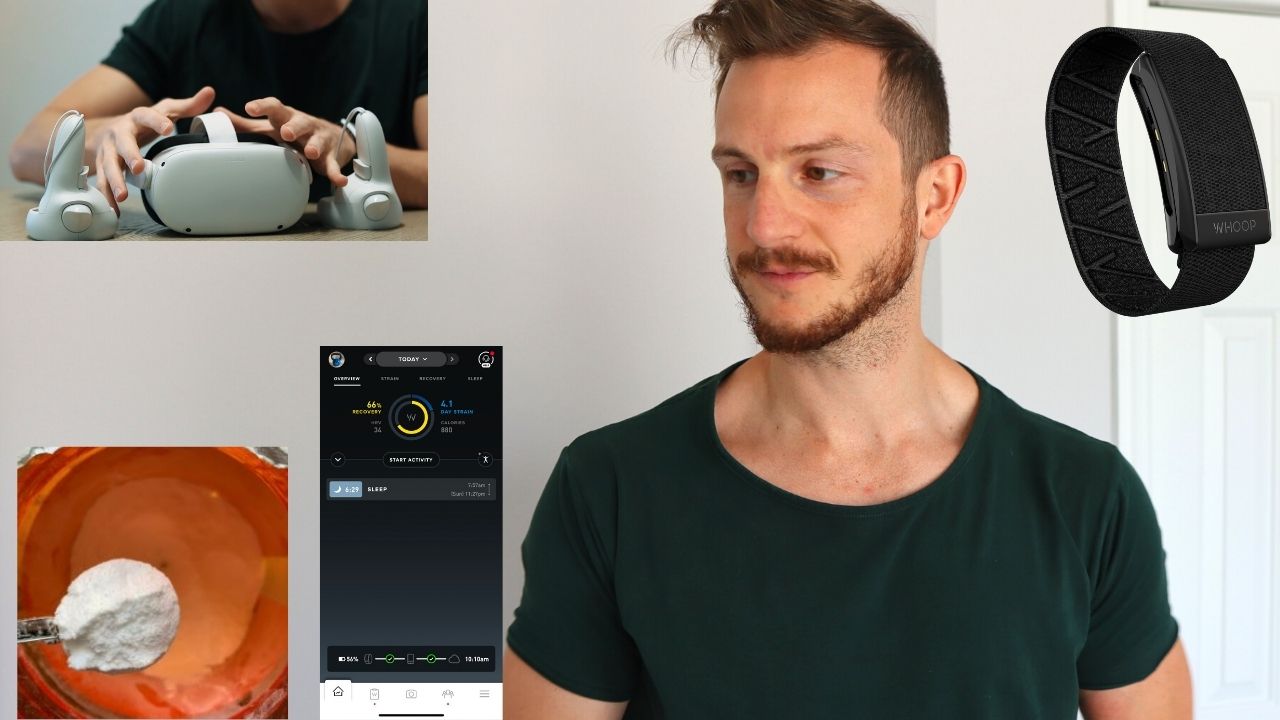
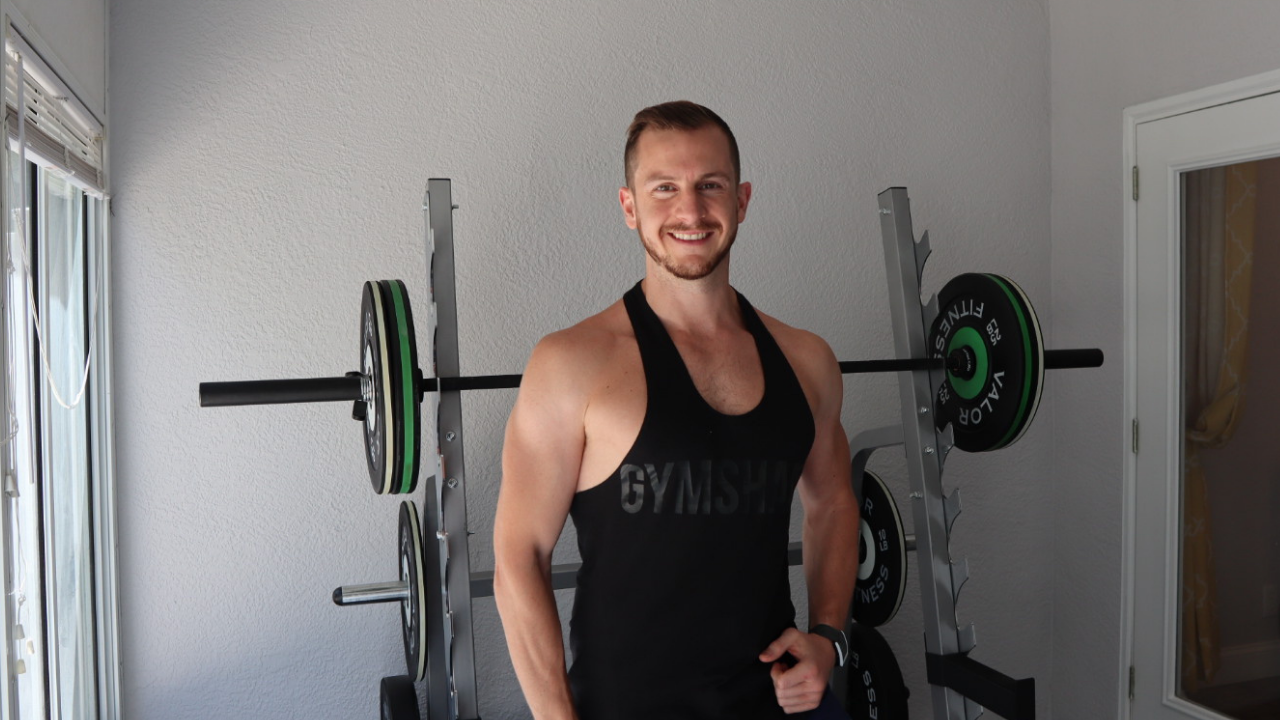
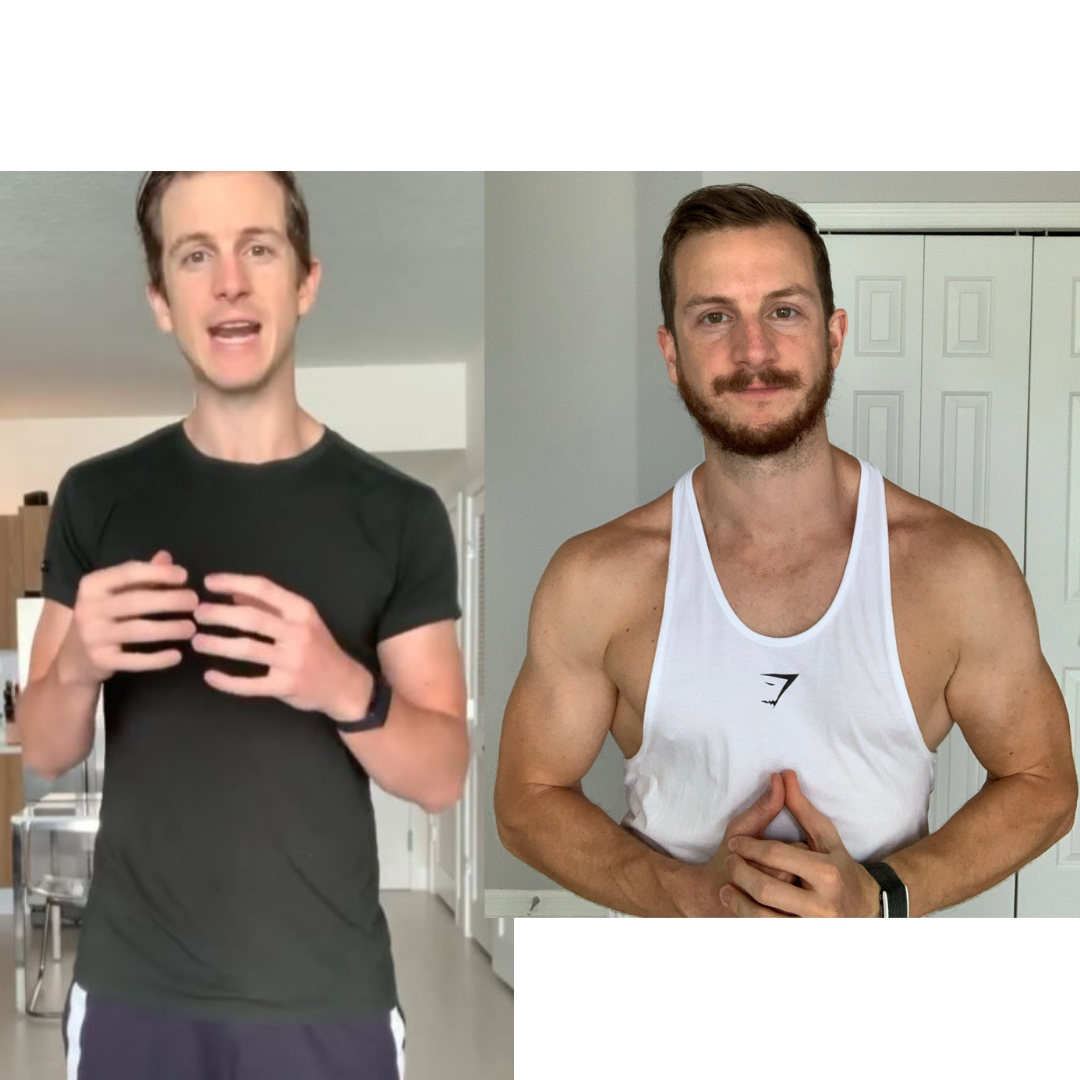
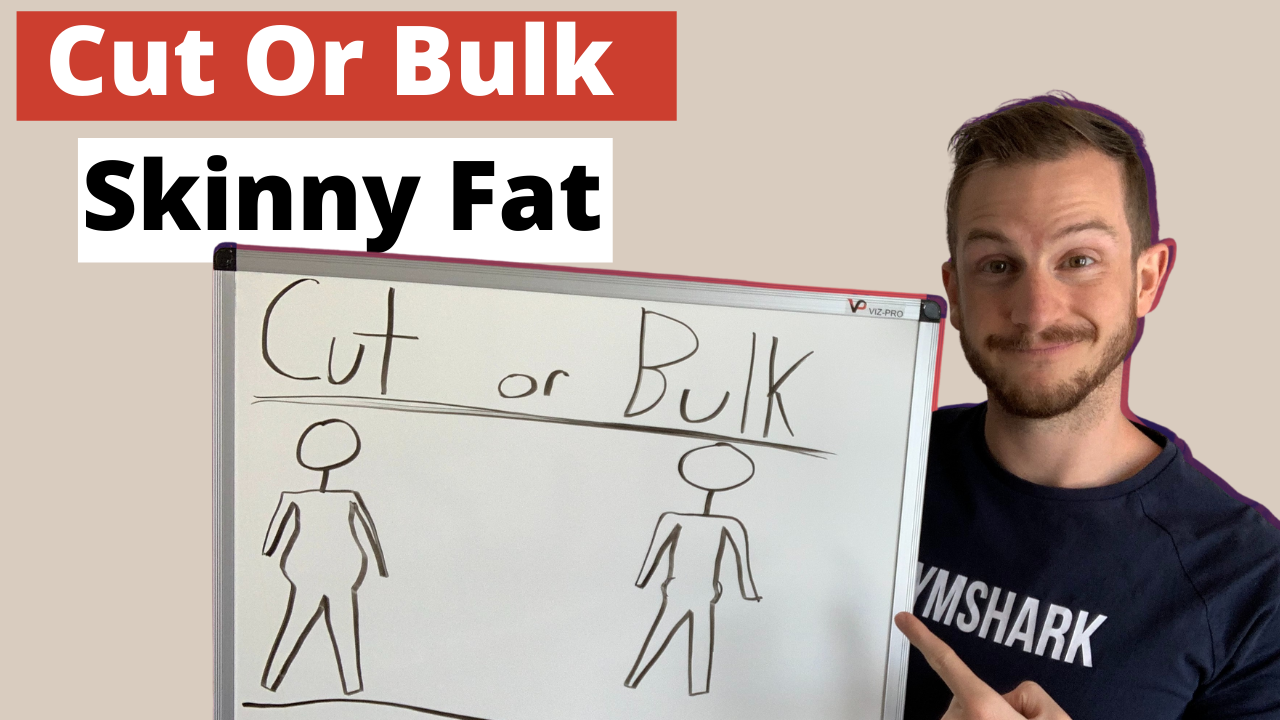
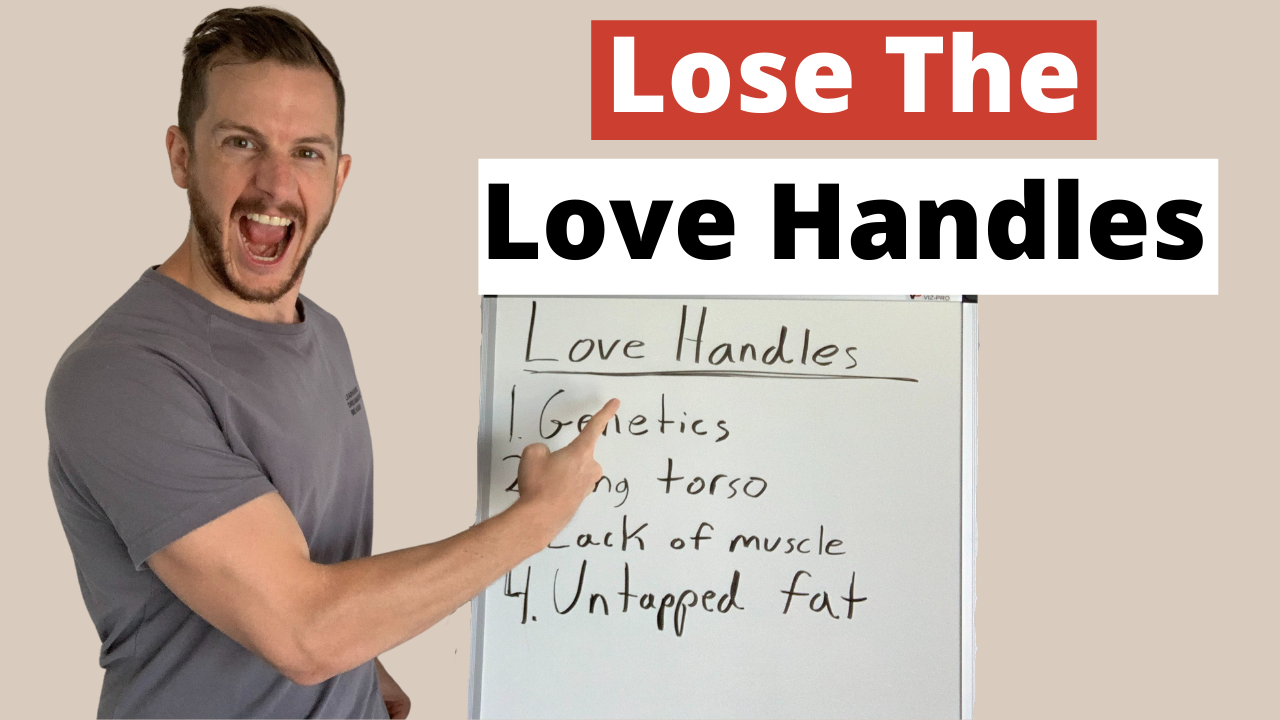

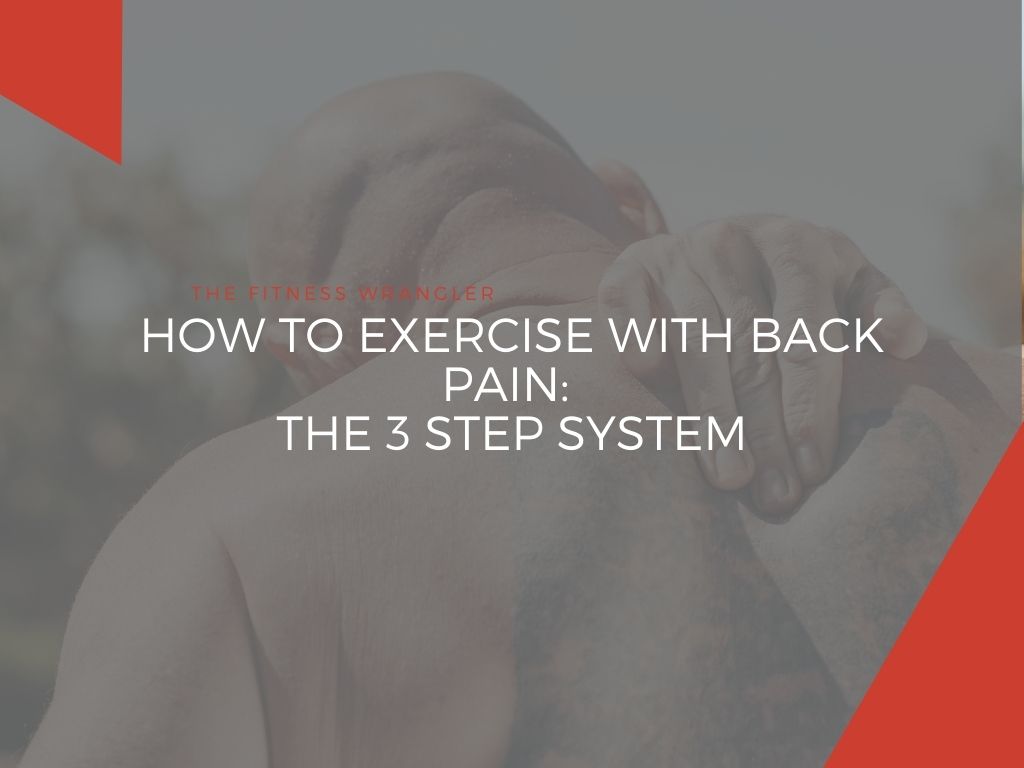
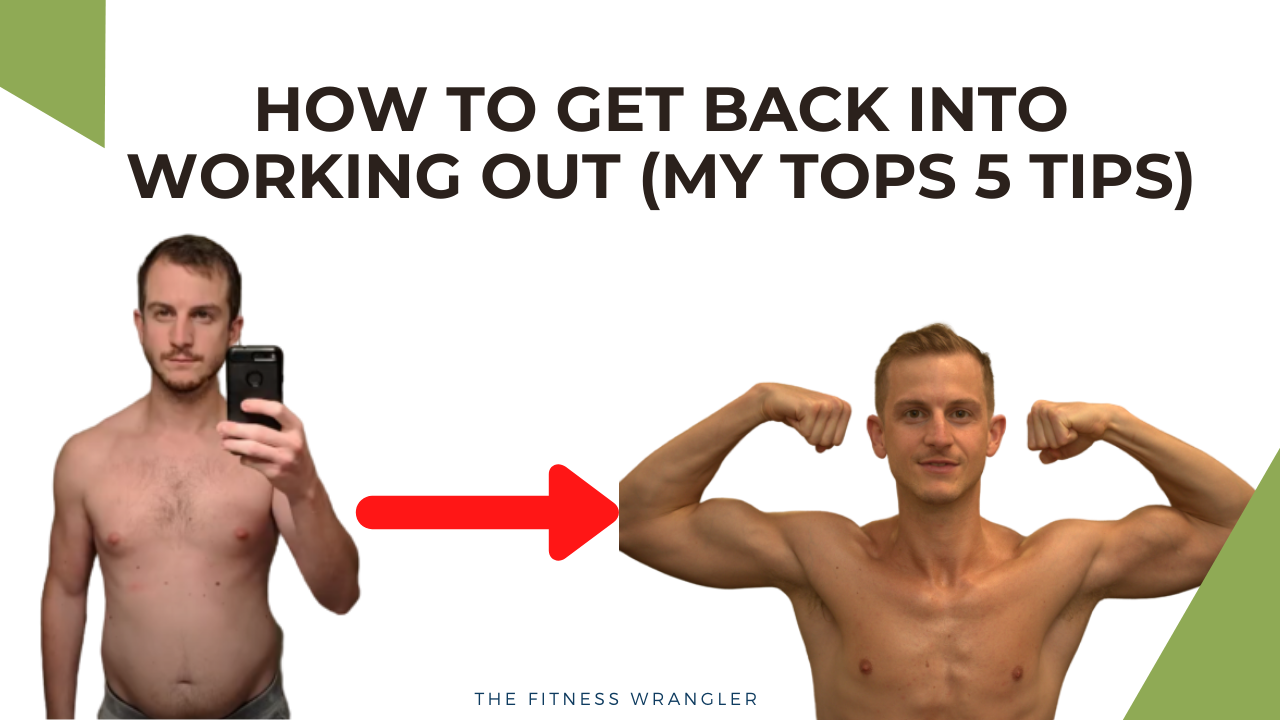
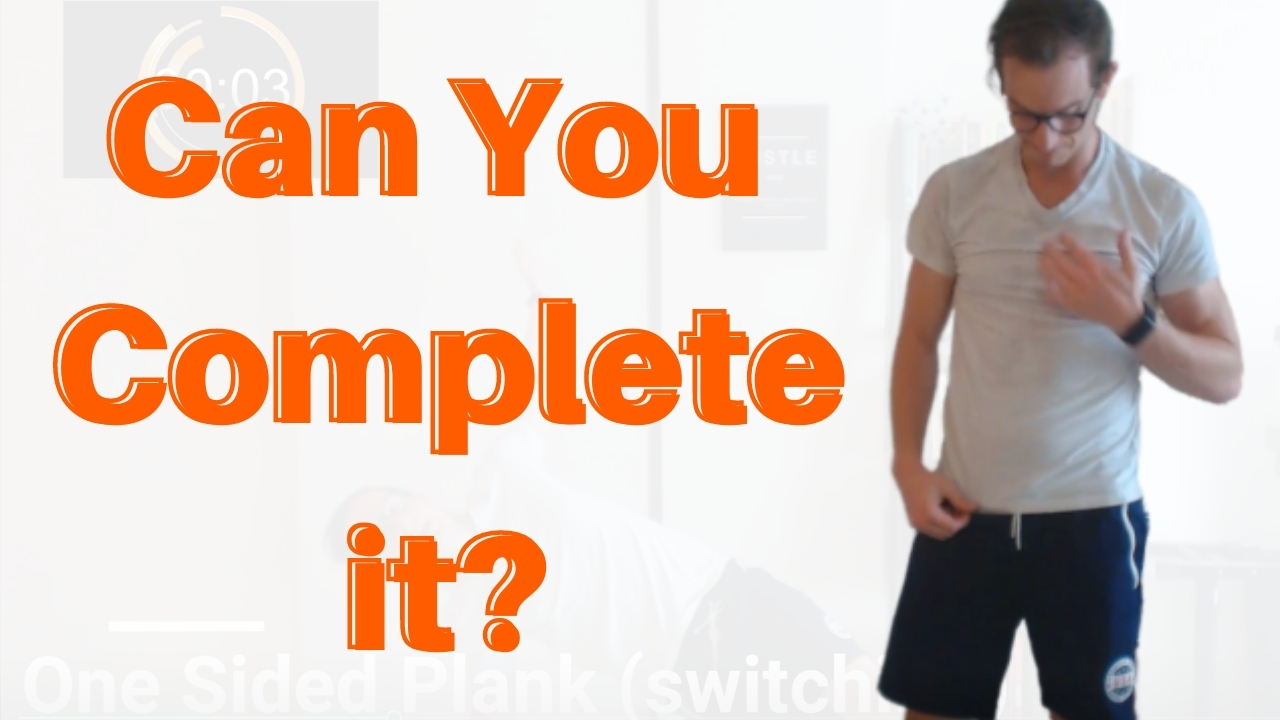

Dude I’ve been struggling for years with ibs,since iwas like 18 and now im 23 and i started working out and I’ve looked up into your words and tbh it’s amazing i want to consult a doctor first ofc to help me with my food diet and everything,i just wanna say thank you for these good advises they can be game changing fr.